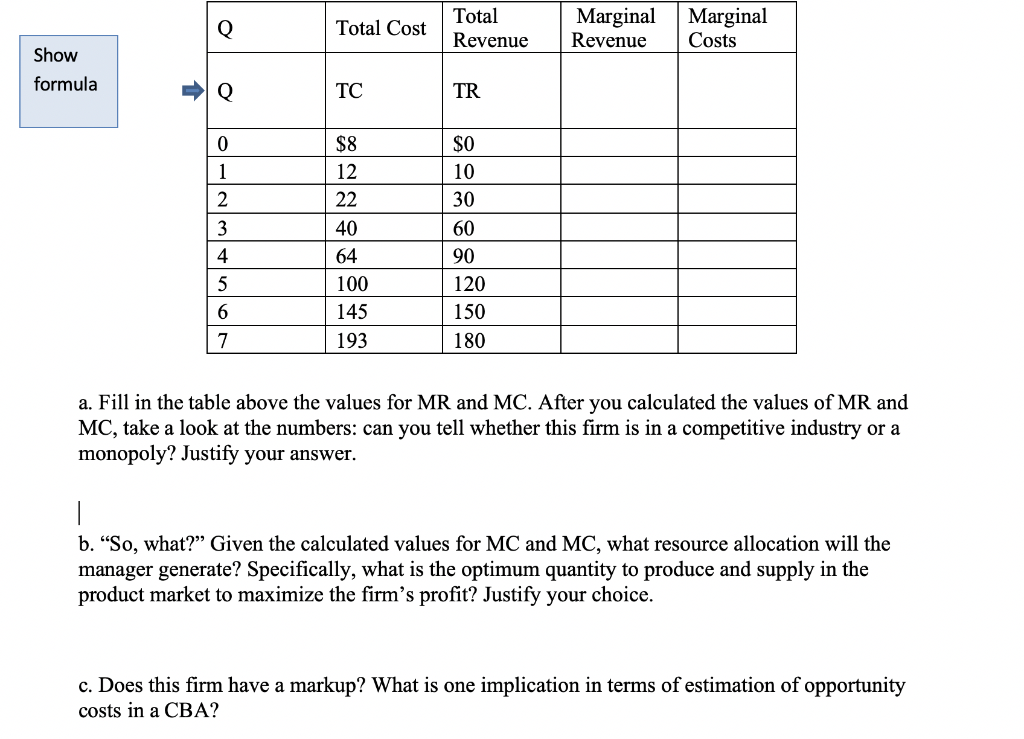Albert Einstein’s Philosophies For Growing Wealth

Back to Albert EinsteinWith such potential for astronomical growth, it’s no wonder Albert Einstein called the power of compound interest the most powerful force in the universe. The problem though, is that there is substantial doubt he actually said that. In 1916 a character in an advertisement in a California newspaper the difference between gross sales and net sales called “compound interest” the “greatest invention the world has ever produced”.
That’s enough to buy a small island for the birthday celebration, or just about anything else she or her family could want. QI hypothesizes that an anonymous advertising copywriter initiated the idea that compound interest was the world’s greatest invention or man’s greatest invention. However, 1916 is not necessarily the origin of this hyperbolic statement, and future researchers may locate earlier citations. QI was unable to find any support for the attachment to Einstein, and QI believes that it is very unlikely that Einstein made this remark. If Columbus had of placed one single dollar out at 6% interest compounded annually with instructions to pay the proceeds to you today, you would have over Ten Billion Dollars coming to you.
Periodic compounding
Albert Einstein is said to have called “the power of compound interest the most powerful force in the universe.” The story in this posting will illustrate the power far better than I ever could in theory. It will also allow me an opportunity to come clean on my use of this quote. The long-term effect of compound interest on savings and investments is indeed powerful.
Because it grows your money much faster than simple interest, compound interest is a central factor in increasing wealth. Compound interest is interest that applies not only to the initial what is deferred revenue principal of an investment or a loan, but also to the accumulated interest from previous periods. In other words, compound interest involves earning, or owing, interest on your interest.
The Power of Compound Interest
- However, in the real world, many do expect to have their investment returns double within a short period of time But the fact remains, the higher the potential returns, the higher the risks.
- While some people question whether the quote was in fact from Einstein, the power of compound interest is unquestionable.
- In 1916 a character in an advertisement in a California newspaper called “compound interest” the “greatest invention the world has ever produced”.
- It is the result of reinvesting or retaining interest that would otherwise be paid out, or of the accumulation of debts from a borrower.
He clearly sees the importance of cognitive ability and education for growing human capital, which has a positive effect on options for long-term wealth. Compounding periods are the time intervals between when interest is added to the account. Interest can be compounded annually, semi-annually, quarterly, monthly, daily, continuously, or on any other basis. The compounding frequency is the number of times per given unit of time the accumulated interest is capitalized, on a regular basis. The frequency could be yearly, half-yearly, quarterly, monthly, weekly, daily, continuously, or not at all until maturity. Most people would go for the $10 million option as it is hard to imagine that $1 doubling 30 times will become $1.07 billion!
Compounding Interest Periods
He cited a good college education with providing the type of cognitive skills that allows people to think for themselves and imagine possibilities that have never been imagined. “The value of a college education is not the learning of many facts but the training of the mind to think,” Einstein bookkeeper hourly pay at hobby lobby inc was quoted in the New York Times in 1921. Instead, this type of bond is purchased at a discount to its original value and grows over time.
This is the power of compound interest – your principal would accumulate with interest earned during the investment period, yielding more returns. The longer the investment period, the more you will benefit from compound interest. For young people, compound interest offers a chance to take advantage of the time value of money. Remember when choosing your investments that the number of compounding periods is just as important as the interest rate. Banks benefit from compound interest lending money and reinvesting interest received into additional loans.

In Tony Robbins recent tome (600 pages to write what would fit in a short magazine article) he offered this Einstein line. I’d like to know if it was made up or if Einstein ever said anything close to this. In personal finance articles I frequently find quotes injected to attribute some further relevance to one’s position. Despite his world travels and, especially later in his life, his ability to command top salaries and fees, he maintained modest living environments.
To help consumers compare retail financial products more fairly and easily, many countries require financial institutions to disclose the annual compound interest rate on deposits or advances on a comparable basis. The effective annual rate is the total accumulated interest that would be payable up to the end of one year, divided by the principal sum. These rates are usually the annualised compound interest rate alongside charges other than interest, such as taxes and other fees. The power of compounding helps a sum of money grow faster than if just simple interest were calculated on the principal alone.
